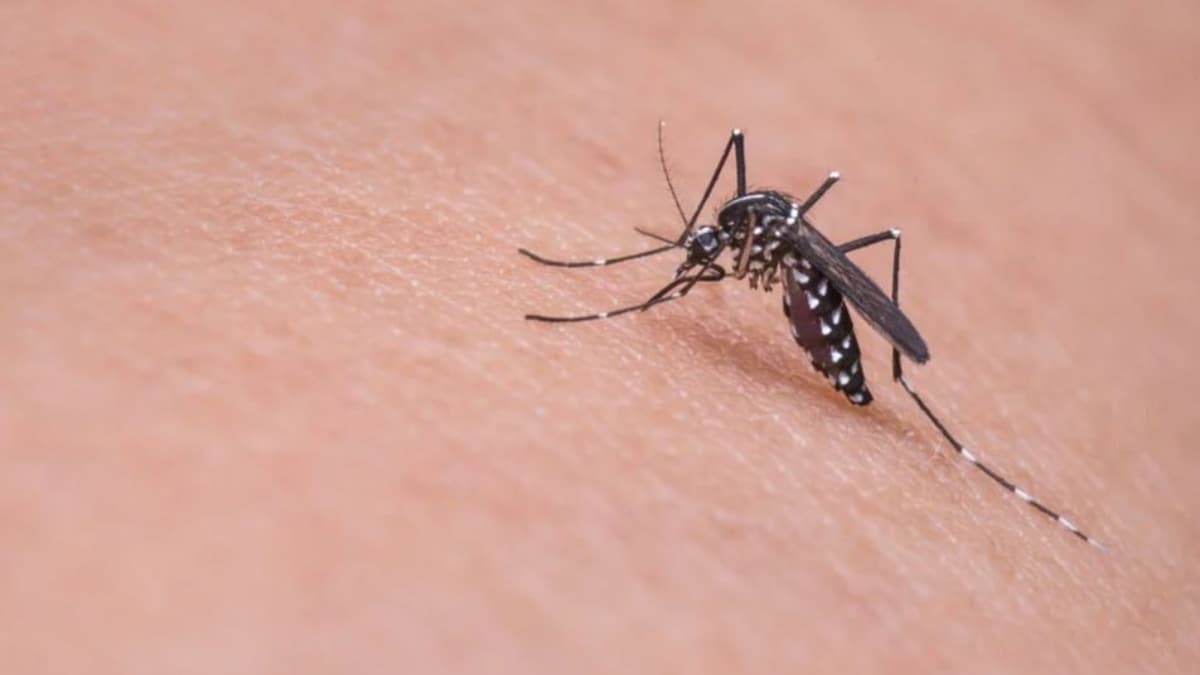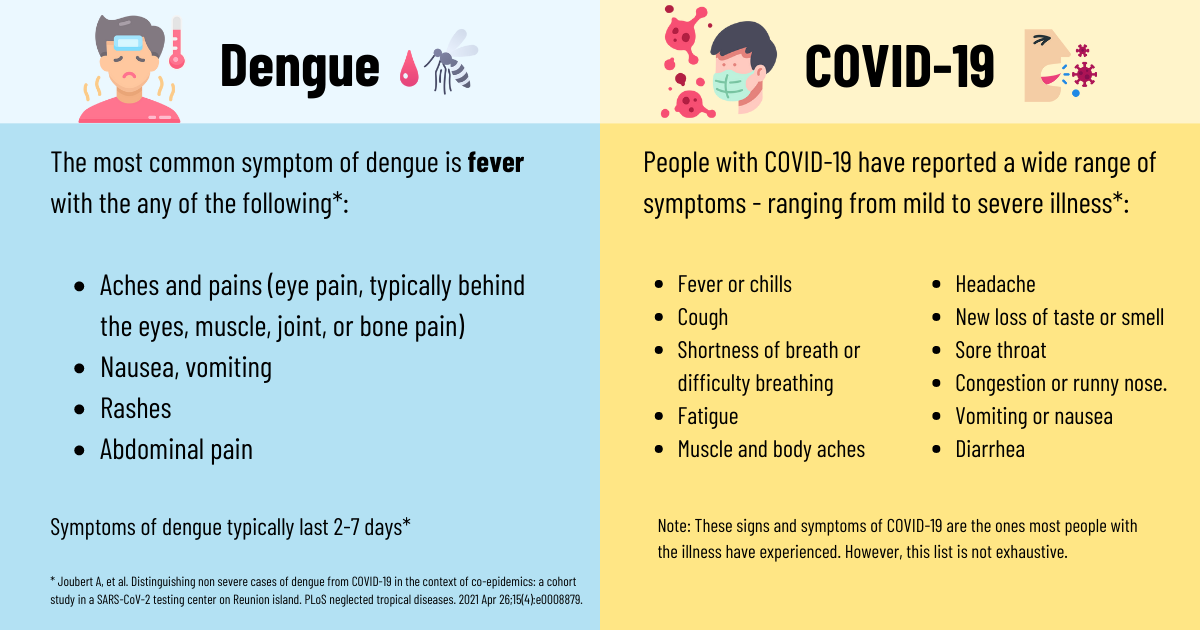8 Common Questions About Dengue That Malaysians Should Know The Answers To
Malaysia has seen a rise in dengue cases this year, with 12,942 cases reported so far.
12,942 dengue cases have been reported in Malaysia this year, as of 5 May 2022
This is a slight increase compared to 9,270 cases in the same period in 2021, and there is a high possibility of underreporting of dengue cases in Malaysia. This could be attributed to a few factors:
- Medical systems have been strained because of COVID-19
- Movement has lessened due to extensive social lockdowns
- Dengue patients may be hesitant to seek medical care for fear of exposure to COVID-19
Nevertheless, Aedes mosquitoes thrive in Malaysia's hot and humid weather, making it a pressing public health issue, especially with regards to the disease's rising fatality rate.
Furthermore, as dengue and COVID-19 present similar symptoms like fever, muscle aches, joint pain, vomiting and nausea, it's important for Malaysians to learn how to differentiate and treat these illnesses.
To help you protect yourself, here are a few common questions about dengue that Malaysians should know the answers to:
1. How do you get infected with dengue?
Dengue is transmitted when someone is bitten by a female Aedes mosquito carrying the dengue virus.
Aedes mosquitoes are characterised by the white bands on their legs and bodies.
Image via India Today2. Can you get dengue more than once in a lifetime?
Yes, you can. Dengue is caused by one of the four related viruses: Dengue virus 1, 2, 3, and 4. For this reason, a person can be infected with the dengue virus multiple times in their lifetime.
3. How do you differentiate dengue from COVID-19?
Dengue viruses and the virus that causes COVID-19 can cause similar symptoms in the early stages.
However, COVID-19 is a vascular disease with multisystem involvement, whereas dengue is a mosquito-borne, febrile disease (showing symptoms of fever) that may or may not have respiratory symptoms. Furthermore, COVID-19 usually infects people through respiratory droplets via coughs, sneezes, laughs, and talking.
Here's a closer look at the symptoms for both illnesses:
4. What are warning signs of severe dengue cases?
Signs of severe dengue fever generally begin within 24 to 48 hours after the initial fever has gone away.
If you develop any of the following symptoms, contact your healthcare provider for medical attention immediately:
- Stomach/abdominal pain or tenderness
- Persistent vomiting
- Bleeding from the gums or nose
- Blood in vomit or stool
- Feeling tired, restless, or irritable
5. Can paracetamol be taken to reduce fever, as well as ease muscle or joint pain caused by dengue?
There is no specific treatment for dengue. However, as recommended by the World Health Organization (WHO) and Ministry of Health (MOH) Malaysia, medications like paracetamol can be taken to treat dengue symptoms such as fever, muscle aches, and joint pain.
Two pills of 500mg paracetamol have proven to provide effective relief for adults. You can take one to two pills of 500mg Paracetamol every four to six hours, but no more than eight pills of 500mg paracetamol a day.
If you have any queries or concerns, always reach out to your doctor for medical advice.
6. What medications should dengue patients avoid?
Medications such as aspirin and ibuprofen or other non-steroidal anti-inflammatory agents (NSAIDs) should be avoided and not given to dengue patients, as these drugs may aggravate gastritis or bleeding.
7. What are some home care methods for dengue patients?
If you have contracted dengue, the most important thing to do is rest as much as possible. You should also stay hydrated by drinking more fluids such as water or isotonic drinks with electrolytes. To reduce fever, apply a cooling pad or damp cloth on the skin.
Some ways to prevent mosquito bites include using mosquito repellent or mosquito netting. Also, from time to time, Malaysians are advised to look out for mosquito breeding places around the home, and eliminate them.
8. If you are infected with dengue, how do you prevent yourself from getting bitten by another Aedes mosquito that may carry the virus to someone else?
When someone contracts dengue, the dengue virus is found in the patient's blood for the first week of infection. While dengue itself is not contagious, here a few tips to prevent Aedes mosquitoes from biting you and possibly passing on the virus to others:
- Wear long-sleeved shirts and long pants
- Use screens on windows and doors to keep mosquitoes outside your house
- Use air conditioning if available
- Use Environmental Protection Agency (EPA)-registered insect repellent
All in all, we should not let our guard down when it comes to fighting the dengue virus. If you are experiencing dengue fever symptoms, make sure to seek medical attention immediately.
The information provided is for educational and communication purposes only and it should not be construed as personal medical advice. Information published in this article is not intended to replace, supplant or augment a consultation with a health professional regarding the reader's own medical care.
Ever wondered why some people get bitten by mosquitoes more often than others? Read this story to find out.




